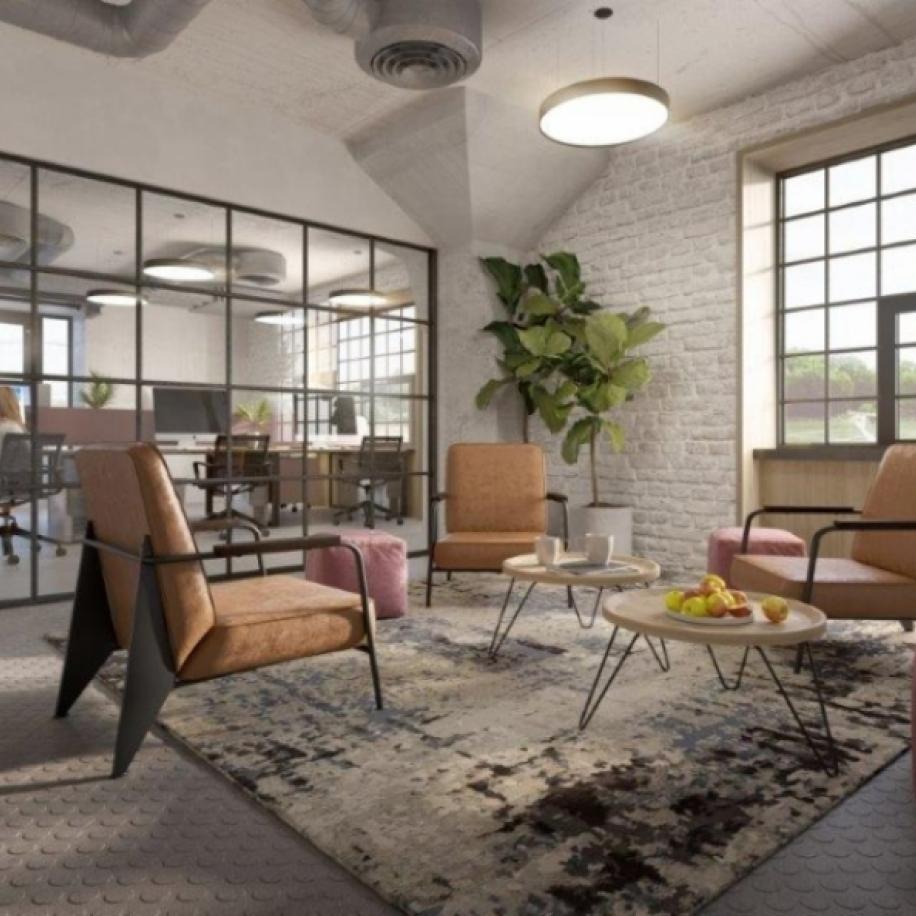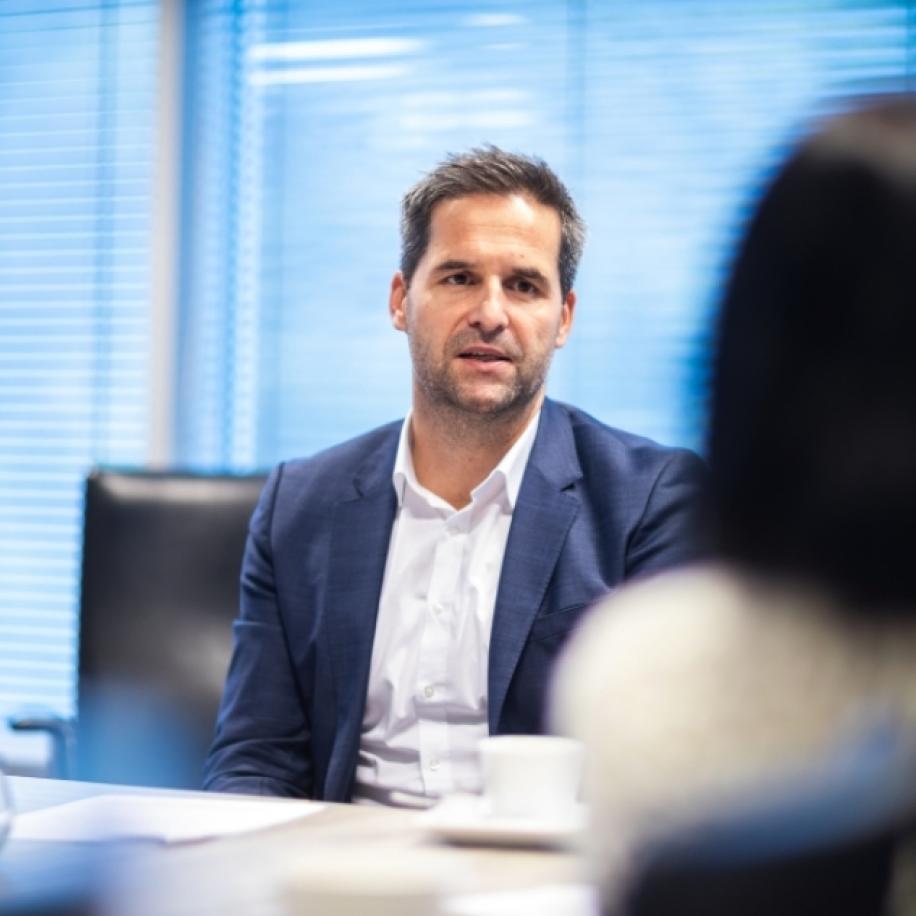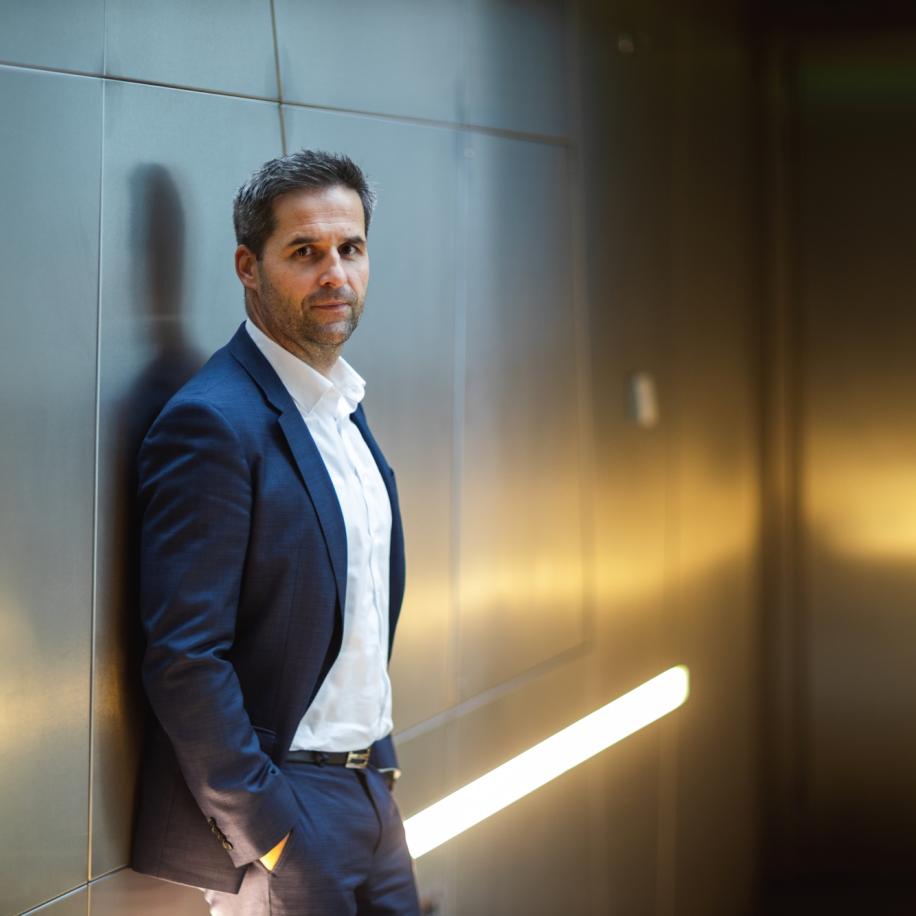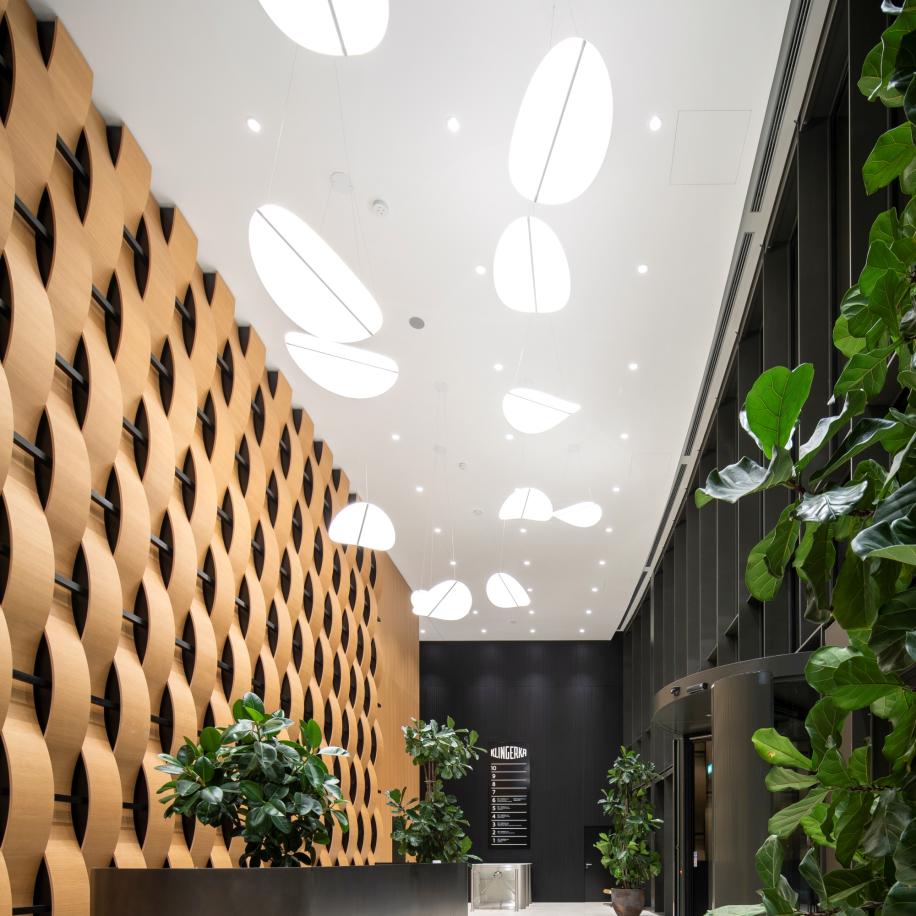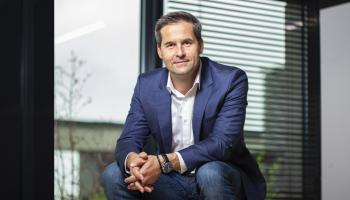Peter Píš: I’m confident that offices will remain in demand
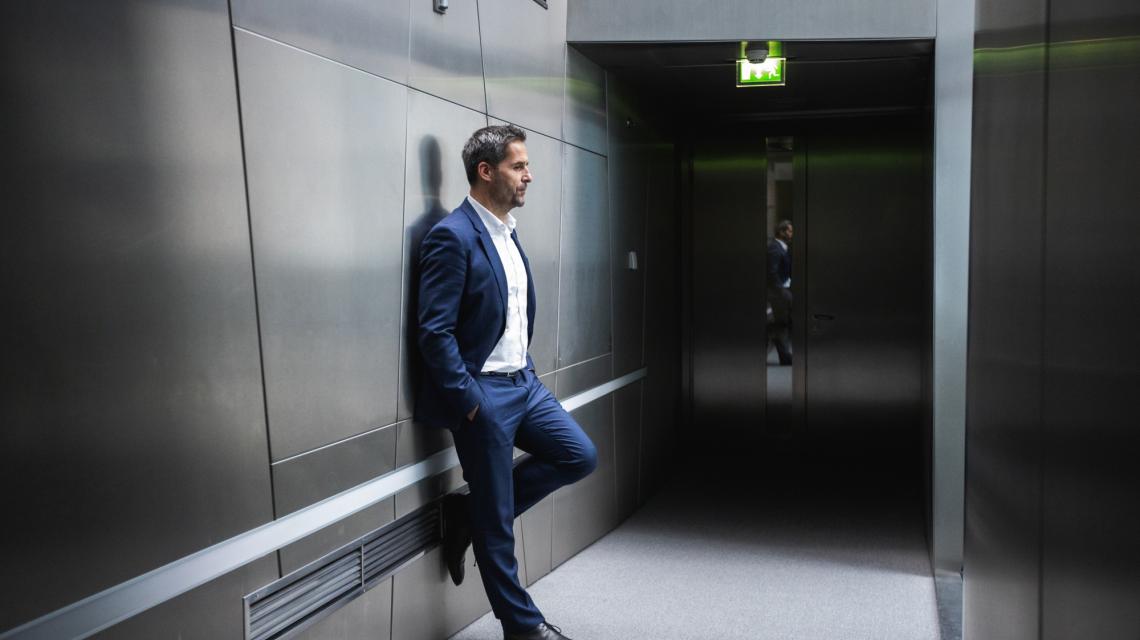
"To be productive, to develop, and to be part of a company’s culture, it’s necessary to physically attend an office," says Peter Píš, who will become the new commercial director and member of the board at the development company JTRE in December. He arrives in this position with extensive experience and a clear vision how to meet clients’ needs in the commercial real estate sector and give positive emotions.
What’s currently key for clients when choosing offices? How has the pandemic changed preferences and the transition to hybrid work?
There’s a fundamental question to be addressed: what’s an office for? Well, it serves employees, and employees achieve a company's strategic goals. In a way, an office is how these objectives are fulfilled. Since people spend a lot of time in offices and everything is interconnected, there will always be a need for offices - just their use will evolve. I evaluate home-office as a necessary alternative during a pandemic situation, but I don't think this trend will work in the long term. To be productive, to develop, and to be part of a company’s culture, it’s necessary to physically attend an office.
Flexibility is now often sought - in lease duration or office layout. Can you adapt to these requirements?
We’ve seen the ‘living room’ trend since 2016 - i.e. a very attractively designed front office where employees can meet. It’s important that interactions between teams are effective, because this is where information sharing takes place - increasing productivity and playing a role in meeting company goals. Before the pandemic, it was all about workforce and performance. But this perception has shifted. We design buildings and offices by focusing on clients’ future needs, including various requirements that we aim to meet. Efficiency used to be the prime driver, but now offices are perceived as more collaborative and flexible spaces.
JTRE builds offices in mixed-use neighbourhoods. How do these add value for clients?
It's always about location. We try to define each of our office buildings according to client needs - including location. Mixed-use neighbourhoods are very important to us - bringing together housing, work, business, and leisure. They all easily "co-exist", and create a strong background for service provision. Mixed neighbourhoods are also lively in the evenings, so they don’t become empty office districts after dark.
How important is location to companies and employees?
Real estate is all about location, location, and location. Today’s companies want to attract employees to the workplace, so they seek locations with fully developed services. If I look at River Park, we have a background of various services. And to ensure client convenience, we kept these services operational even during the pandemic. Every client perceives ‘good location’ differently. Our Westend project in Patrónka is a location we started to develop last, but it’s at the city’s second most important transport hub and easily accessible from outside the centre.
Many of your development projects have become Bratislava landmarks. Is it also important for companies’ headquarters to stand out?
Important aspects are the building’s aesthetics, location, and services. It’s about the premises and services we provide as landlords - we have to meet professional criteria in order to meet clients’ highest requirements. The environmental and social management of companies, reducing carbon footprint, and minimising energy use are increasingly important. And we want to follow that to meet clients’ future needs. As we have the lowest rents in the V4, it makes little business sense to invest in high-tech solutions. But we’re looking for a happy medium so that buildings meet international standards.
JTRE is behind the bratislavaoffices.sk platform. Why should clients choose an office there?
Each project had a designated website, but which was little visited after project completion. So we created one that would link all our commercial activities, where clients can find everything about our portfolio. We try to help clients, show our projects, and inspire. We’re their long-term advisor beyond renting office space - tenants grow with us. Our service offer is comprehensive, we’re not just trying to sign a contract with them, we also want them to have a positive experience. Having our own management company is also a big plus – real added value because we needn’t outsource.
What’s the future of office space? Will employees favour a return to offices or continue hybrid working?
I’m confident that offices will remain in demand...both to achieve corporate goals and for social reasons. Buildings and spaces will be redesigned to meet demanding technical needs and regulations. As landlords, we will adapt alongside our tenants. Hybrid work has always been around, but now it’s more entrenched and is here to stay. But I’m sure that employees will gradually come back, people need to be together to work more efficiently.
From December you’ll be the commercial director for JTRE - one of the biggest developers on the market with over 25 years’ experience. What opportunities will this position bring?
I’ve been running the commercial property leasing department at this company for eleven years, along with assessing new projects. I also helped set up the property management department, and have always been close to the residential department. After almost twenty years in this field, I honestly don't think anything will surprise me much - but of course, it's a challenge. We always strive to create an optimal product for our end clients, we track competitors, and our international activities give us a wide overview of global events. We aim to bring this experience to the local market, so that we create those challenges.
Your commercial real estate market work will be complemented by the residential segment. As the residential market cools, how prepared are you for this challenge?
Perfectly prepared. We’ve navigated the pandemic in the commercial area, now we’re seeing changes associated with the energy crisis...preparing responsive analysis and plans. We’re going through turbulent times and big changes, but that needn’t imply market inertia. We’re in a situation where the economy is stagnant, rising inflation and interest rates, which has naturally caused a slight cooling of activity - especially in the real estate market. But business exists to create goods for which we need tools and people, so that we can again meet society’s strategic objectives. There will always be a need for housing. We just have to get used to paying three to four percent for mortgages. However, I don't expect the market to stall like in 2008.
